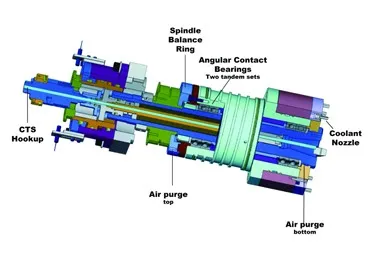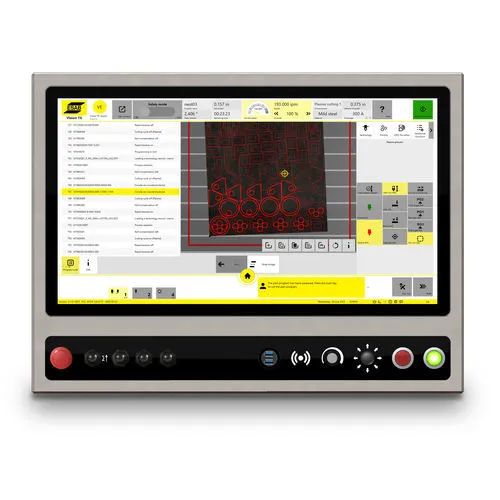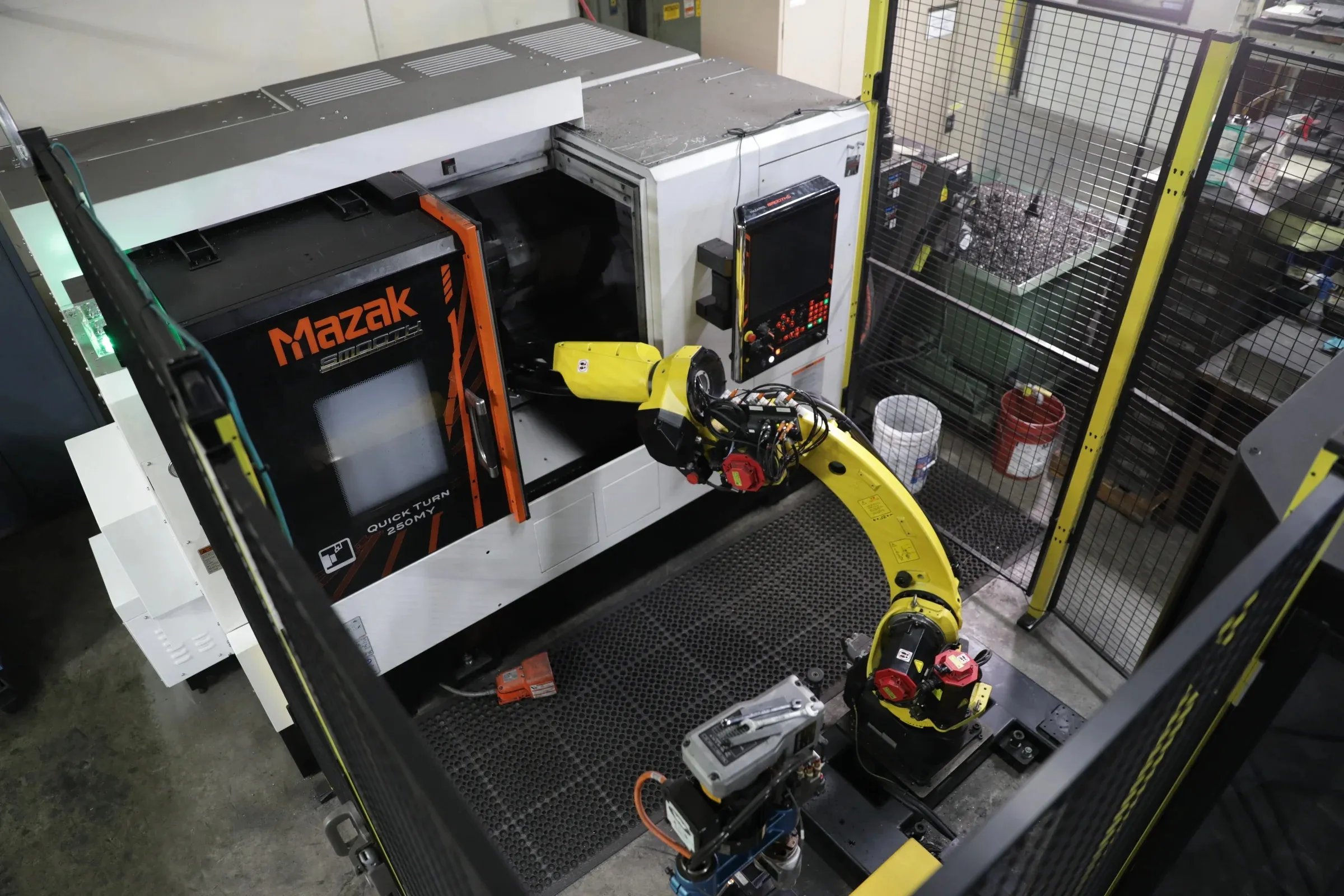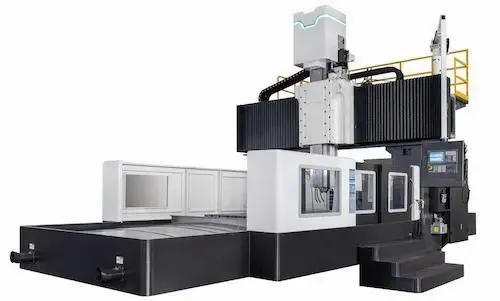
Key Features to Look for in High-Performance CNC Machining Centers
In today's competitive manufacturing landscape, selecting the right CNC machining center can significantly impact productivity, precision, and profitability. High-performance CNC machining centers represent the pinnacle of manufacturing technology, offering capabilities that go far beyond basic machining operations. Understanding the key features that distinguish exceptional machines from average ones is crucial for making informed investment decisions.
Critical Performance Specifications
The foundation of any high-performance CNC machining center lies in its core performance specifications. These parameters determine the machine's basic capabilities and limitations.
Spindle Power and Speed Capabilities
Modern high-performance machining centers typically feature spindles ranging from 15,000 to 60,000 RPM, with power outputs between 20-80 HP. The spindle is the heart of any machining center, and its performance directly affects material removal rates, surface finish quality, and tool life.

Rapid Traverse Rates and Acceleration
Advanced machining centers now achieve rapid traverse rates exceeding 2,000 inches per minute (IPM) with accelerations of 1G or more. These high-speed movements reduce non-cutting time significantly, improving overall efficiency and cycle times.
Advanced Control Systems and Software
The sophistication of the control system separates premium machining centers from basic models. Modern CNC controls offer far more than just motion control.
Multi-Axis Capabilities
While 3-axis machines remain common, high-performance centers often feature 5-axis or more capabilities. This allows for complex geometries to be machined in single setups, reducing errors and improving accuracy.
| Axis Configuration | Typical Applications | Advantages | Limitations |
|---|---|---|---|
| 3-Axis | Basic milling, drilling, tapping | Lower cost, simpler programming | Multiple setups required for complex parts |
| 4-Axis | Rotational machining, indexed features | Reduced setups for cylindrical parts | Limited simultaneous movement |
| 5-Axis | Complex aerospace, medical, automotive components | Single setup machining, superior surface finishes | Higher cost, complex programming |
| Multi-Tasking | Complete part production in one machine | Maximum efficiency, minimal handling | Highest investment, specialized training required |
Advanced Control Features
Look for controls with features like look-ahead programming, adaptive control, thermal compensation, and vibration damping. These intelligent functions automatically adjust machining parameters in real-time to maintain optimal performance.

Precision and Accuracy Components
High-performance machining centers incorporate numerous technologies to maintain exceptional accuracy even under demanding conditions.
Linear Scale Feedback Systems
Unlike basic rotary encoders, linear scales provide direct position feedback along each axis, eliminating errors caused by ball screw thermal expansion or wear. This results in positioning accuracy often measured in microns.
Thermal Stability Systems
Advanced machining centers employ sophisticated thermal management systems, including coolant temperature control, heat-generating component isolation, and real-time thermal compensation algorithms.
| Machine Class | Positioning Accuracy | Repeatability | Typical Applications |
|---|---|---|---|
| Standard Performance | ±0.0005" (±0.0127mm) | ±0.0002" (±0.005mm) | General machining, prototyping |
| High Performance | ±0.0002" (±0.005mm) | ±0.0001" (±0.0025mm) | Mold making, aerospace components |
| Ultra-Precision | ±0.00004" (±0.001mm) | ±0.00002" (±0.0005mm) | Medical implants, optical components |
Automation and Productivity Features
Modern high-performance machining centers are designed for maximum uptime and minimal operator intervention.
Integrated Automation Systems
Robotic part loading/unloading, pallet changers, and automated tool management systems transform machining centers into unmanned manufacturing cells capable of continuous operation.

Tool Management Capabilities
High-capacity tool magazines (often 120+ tools) with rapid tool changers (1-2 second chip-to-chip times) ensure that the machine spends maximum time cutting rather than waiting.
Durability and Construction Quality
The physical construction of a machining center determines its long-term accuracy, stability, and reliability.
Machine Frame and Structure
Look for mineral cast bases, polymer concrete, or heavily ribbed cast iron constructions that provide superior vibration damping and thermal stability compared to welded steel frames.
Guideway and Drive Systems
Linear guideways, roller-type guide systems, and direct-drive technologies offer higher stiffness, faster speeds, and longer service life than conventional box ways and ball screw drives.

Connectivity and Industry 4.0 Integration
Modern manufacturing demands connectivity and data integration capabilities that support smart factory initiatives.
Data Collection and Analysis
Advanced machining centers collect and transmit real-time data on machine status, tool condition, production rates, and maintenance requirements, enabling predictive maintenance and process optimization.
Network Integration
Seamless integration with manufacturing execution systems (MES), enterprise resource planning (ERP), and other factory software is essential for modern digital manufacturing environments.
| Feature | Description | Benefits |
|---|---|---|
| MTConnect | Standardized data protocol for manufacturing equipment | Interoperability between different machine brands and software |
| OPC UA | Platform-independent communication architecture | Secure data exchange from machine to cloud systems |
| Condition Monitoring | Real-time monitoring of critical components | Predictive maintenance, reduced downtime |
| Digital Twin Integration | Virtual representation of physical machining processes | Process optimization, virtual commissioning |
Conclusion
Selecting a high-performance CNC machining center requires careful consideration of numerous technical features beyond basic specifications. The spindle technology, control system sophistication, precision components, automation capabilities, structural integrity, and connectivity features all contribute to the machine's overall performance and return on investment. By understanding these key features and how they align with specific manufacturing requirements, companies can make informed decisions that will enhance their competitive position for years to come.
As manufacturing continues to evolve toward smarter, more connected factories, the importance of these advanced features will only increase. The right high-performance CNC machining center becomes not just a piece of equipment, but a strategic asset that drives manufacturing excellence.
